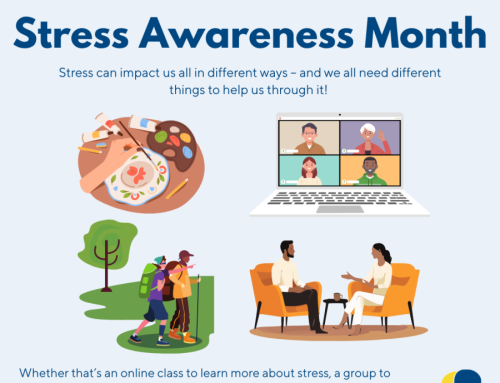A guest blog from Bill Graham of New Wortley Community Centre – originally published on Power to Change.
“Discussions must be in-depth, inclusive and sometimes difficult to make things improve.”
Bill Graham
New Wortley Community Centre
We have all sat in meetings where we think just by having the right people round the table a solution or a plan will be formed – then walked away disappointed as the conversation never took the turn we wanted, or there was too much agreement in the room. Well change doesn’t just happen. There has to be challenge and honesty, even if this is a painful process.
Although I am now leading the New Wortley Community Centre in Leeds, my main experience has been running businesses in the private sector – so I like to think I have some leadership experience and an ability to influence a range of stakeholders. I have also met a range of people who would be classed as leaders over the years and it’s always interesting to note the things that people do to lead and influence well (and not so well).
I have been fortunate enough to be involved in two separate but similar courses over the last six months which have made me think about what makes a good leader. I’m part of the Leeds Institute of Quality Healthcare, working with a range of healthcare professionals looking at how care in Leeds can be delivered in the future. I’ve also recently joined the Community Business Leaders Programme, run by the RSA, RIO and Sheffield University Management School, and funded by Power to Change.
People on these courses want to be able to be involved in doing things differently, and in order to do this we need to be able to influence decision makers. I have noticed a variety of ways of doing this over the years. Having the loudest voice and making a fuss can be effective – I am sure we all know someone who will do this! Taking a longer term evidence-based approach can seem slow and frustrating, but at least provides a context for influence. In Newcastle, as part of the Community Business Leaders programme, we heard from Jim Beirne, the Chief Executive of The Live Theatre, defined his leadership in very simple terms and it struck a chord with me:
“Leadership is about having difficult conversations all the time.”
Jim Beirne
Chief Executive of Live Theatre
In so many ways this is correct. The difficult or uncomfortable conversation will challenge the existing status quo – whether with an employee who isn’t performing to expectation or with a customer who there is an issue with. Just bending over backwards and making the conversation easy is NOT leading but accepting the current situation, not challenging and probably accepting there will be no change. Discussions must be in-depth, inclusive and sometimes difficult to make things improve.
By having difficult conversations, the leader is forcing the issues out, and being willing to look at things in a different way. This can even be uncomfortable for the leader and his organisation – indeed this is part of the process as well. And the more we are willing to face up to the truths in our own organisations and the challenges we face, the more we will come up with the innovative empowering solutions that lie out there.
Bill Graham is a leader of New Wortley Community Centre, and a participant of the Community Business Leadership Programme.





